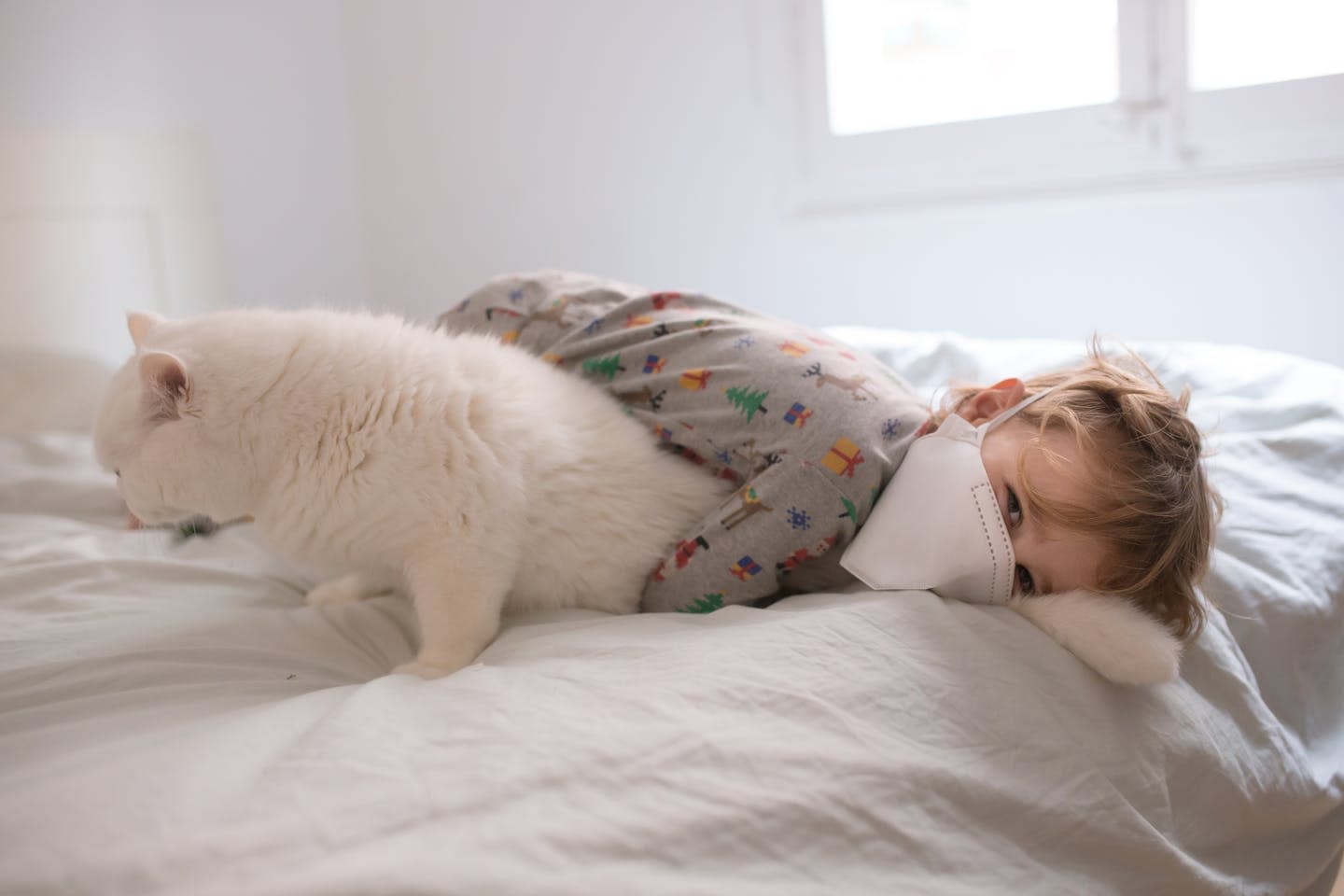
Leave pet care to a family member or a dog walker who is healthy and won’t put your dog at risk. Scientists are trying to learn more about the origin of.
These are conclusions from the team at university of california davis who conducted a genomic analysis of dozens of species with an eye toward classifying coronavirus.
Can animals get covid from you. The virus may be able to infect different species of animals as it evolves and new variants emerge. Anna fagre, a veterinarian and microbiologist at colorado state university. Giant anteaters, bottlenose dolphins, horses, dogs, alligators, cats, sheep and siberian tigers are also on the list of animals that may be able to catch and transmit the deadly pandemic coronavirus.
There is no evidence that viruses can spread to people or other animals from a pet�s skin, fur or hair. Following general health protocols and getting vaccinated is the best way to prevent the spread. According to the us department of agriculture, at least 15 species of animals, including.
“most pets will not be symptomatic, but if a pet has been exposed to someone with covid, and the pet exhibits signs of a respiratory infection, then testing for a variety of pathogens that cause. Leave pet care to a family member or a dog walker who is healthy and won’t put your dog at risk. A study suggests dogs, cats and even ferrets can catch coronavirus from humans
It can probably increase the risk of outbreaks through reduced monitoring and infection prevention practices. The risk to most people in canada appears to be very low. Experts say if more animals continue to get the virus, it can prolong the pandemic.
Scientists are trying to learn more about the origin of. However, animals can carry other germs. If a person inside the household becomes sick, isolate that person from everyone else, including pets and other animals.
If you�re sick, isolate yourself if you can. While your cat can get infected, according to the science, it is extremely unlikely they could pass it to you. In addition, the virus doesn’t seem to affect animals as severely as humans, and the chances of them spreading it are very low.
The more people that get sick in a shelter, the more animal care can get compromised. Science world spoke to dr. These are conclusions from the team at university of california davis who conducted a genomic analysis of dozens of species with an eye toward classifying coronavirus.
Early studies have found that cats are the animals most likely to catch the new coronavirus. If you can�t isolate from your cat, wear a mask and gloves around your pet when providing care. In fact, if your cat is infected, the chances are.
Dogs, cats, ferrets, rabbits, otters, hyenas and. Pets can catch covid from humans, new research suggests. That can lead to suboptimal general care and impacts on preventive medicine or veterinary care for animals in the shelter.
Some coronavirus strains are zoonotic, which means they can be transmitted between animals and humans.
